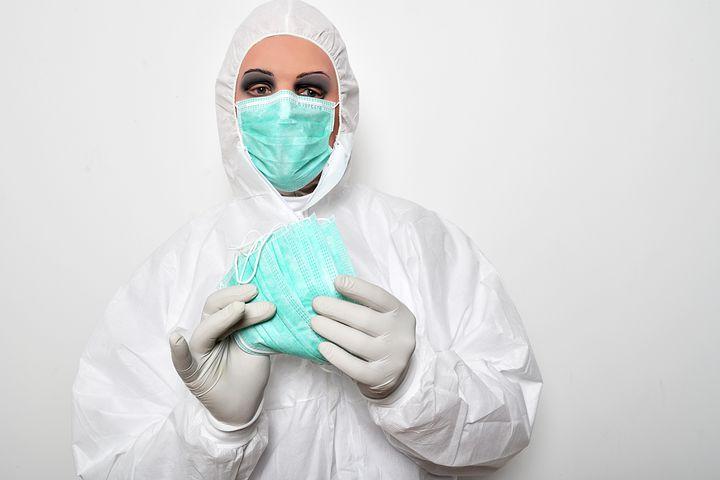What You Need to Know About Coronavirus-Related Lawsuits in Nursing Homes

The coronavirus, COVID-19, has a significant effect on the elderly. Seniors are the ones most likely to quickly succumb to the disease. And the elderly, particularly those residing in nursing homes, have suffered a major blow. In one nursing home in Washington State alone, about 35 residents of the Life Care Center of Kirkland died after an outbreak swept through the care home. While none of the families have filed any lawsuits (yet), the U.S. Centers for Medicare and Medicaid Services (CMS) have released a notice on how nursing homes should prepare in the event of a lawsuit.
Preparing Nursing Homes for an Outbreak
No one was able to prepare for the Coronavirus outbreak. Before its global spread, many believed that the disease was nothing serious, that it was similar to the flu or that it would go away on its own. But, the virus has proved us wrong. As such, a nursing home must follow the necessary precautions to help minimize the risk of infecting the elderly residing in their homes.
Coronavirus Infections with High-Risk Patients
Nursing homes are currently in a bind because they are dealing with high-risk patients. Still, their facilities may not have the necessary preparations that can help them deal with containing a spread within their premises. Given this scenario, it is not hard to imagine that some family members would consider filing a lawsuit should any of their loved ones contract or succumb to the disease.
While lawsuits are possible, it would be quite challenging to fault a nursing home because those with advanced age are susceptible to different kinds of infections. However, these nursing homes must be able to show that they have the necessary policies and procedures in place for containing the virus and protecting their residents. One of the ways that they can improve is by implementing an adequate infection control program. They also have to make sure that they are acting on all the guidelines stipulated by the federal guidelines.
Understaffed Nursing Homes
One of the federal regulations that nursing homes must follow is that they should have licensed practicing nurses (LPN) within their facilities. However, even before the pandemic hit, most nursing homes were dealing with only a limited number of staff to provide care for their patients. From a legal point of view, some LPNs cannot do physical examinations and cognitive tests. Once these older people in nursing homes get sick, often no treatment is given. Aside from not being able to do their own assessments, LPNs also have to deal with patient resistance to treatment.
The Issue of Negligence
A valid personal injury case revolves around negligence or an intentional act. Families should work with law firms like Tario & Associates to help them assess whether their loved one’s nursing home could be held responsible for the loss of their loved one. This includes looking at the nurse’s notes and taking a look at all the past medical history of the patient and assessing whether any of the entries could show that the patient should have been referred to a medical doctor for an assessment. There is always the question of whether the patient would have survived the coronavirus had they received the proper treatment.
Nursing homes must carefully look at their infection control procedures to make sure that they are not putting their patient’s health at risk. In the meantime, families should keep their elderly family members safe by practicing social distancing. If possible, refrain from meeting them face-to-face. Video call them instead or talk to them from their windows. If possible, visit them through a glass window because you know they would love to see you.
More to Read:
Previous Posts:










